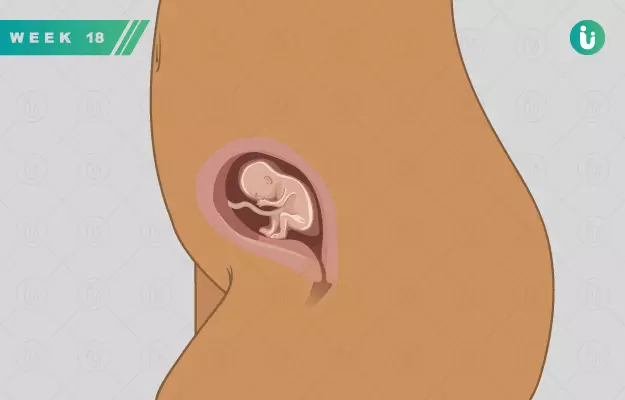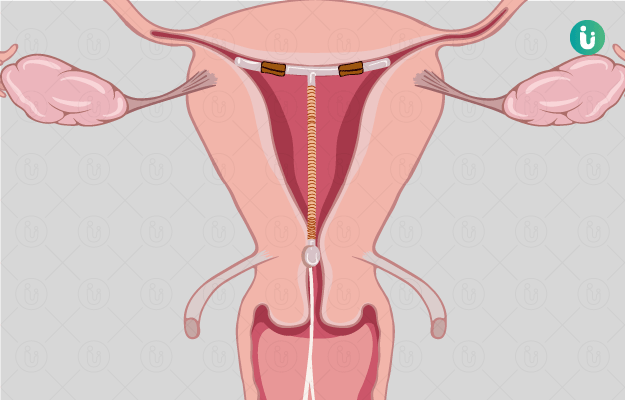Welcome to the 18th week of pregnancy. You’re almost halfway through your entire pregnancy, and this means your baby is growing slowly but surely towards becoming your little bundle of joy after the day he or she is finally born. This is usually the time when the fact that there’s another being growing inside you finally feels real, especially because you’re likely to start feeling your baby kick now.
Usually, all women start feeling their babies kick between the 18th and 20th weeks of pregnancy, but this could happen earlier as well - for example, during the 17th week of pregnancy. Your baby bump is definitely bigger and immediately noticeable right now. You might even feel yourself cradling your bump, especially while in public.
All mothers-to-be also start noticing reddish or purple stretch marks on their abdomen and breasts during this time. These marks are happening because your skin is stretching out to accommodate your growing baby, and your breasts are prepared for breastfeeding as well. These very noticeable changes can be pleasing, but they can be overwhelming as well.
Read more: What pregnant women need to know about COVID-19
While this is quite natural, you should be careful that your anxiety, fears or emotions about the overwhelming changes do not take a turn for the worse and you do not suffer from depression during pregnancy. You will also be going in for a complete check up and ultrasound during this week, or between the 18th and 20th weeks, to find out if your baby and you are doing fine. Here’s everything you need to know about the 18th week of pregnancy.










































